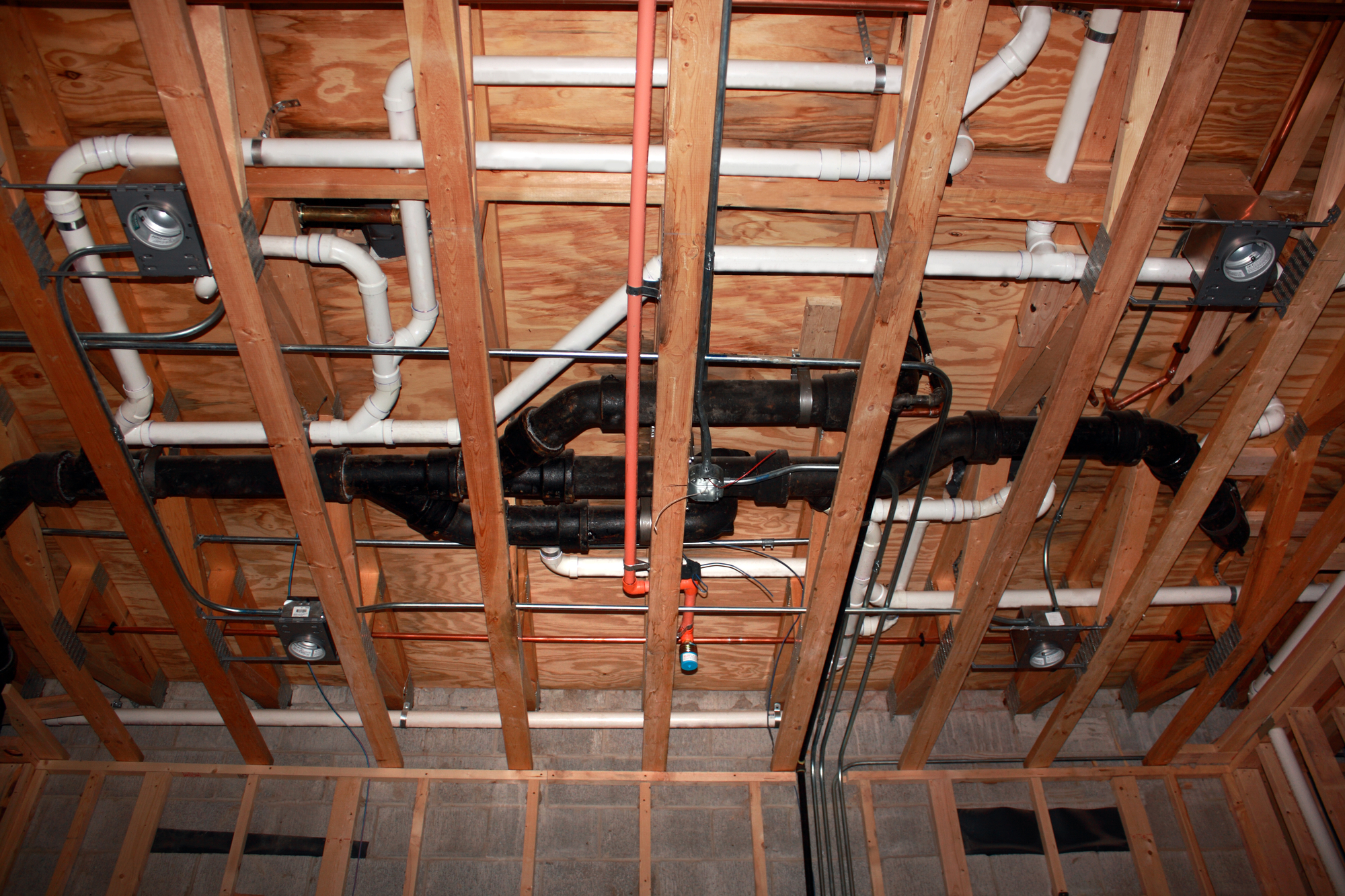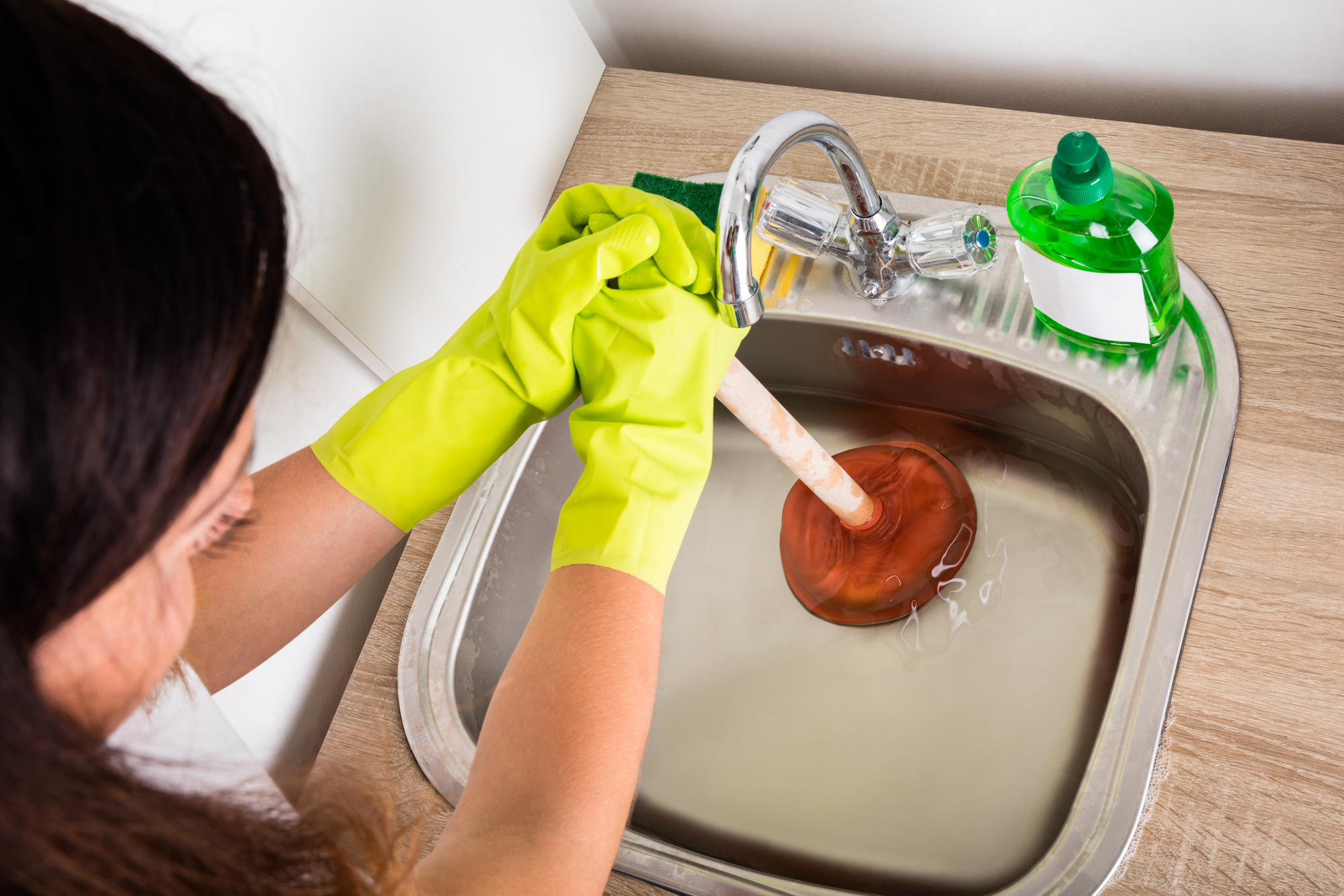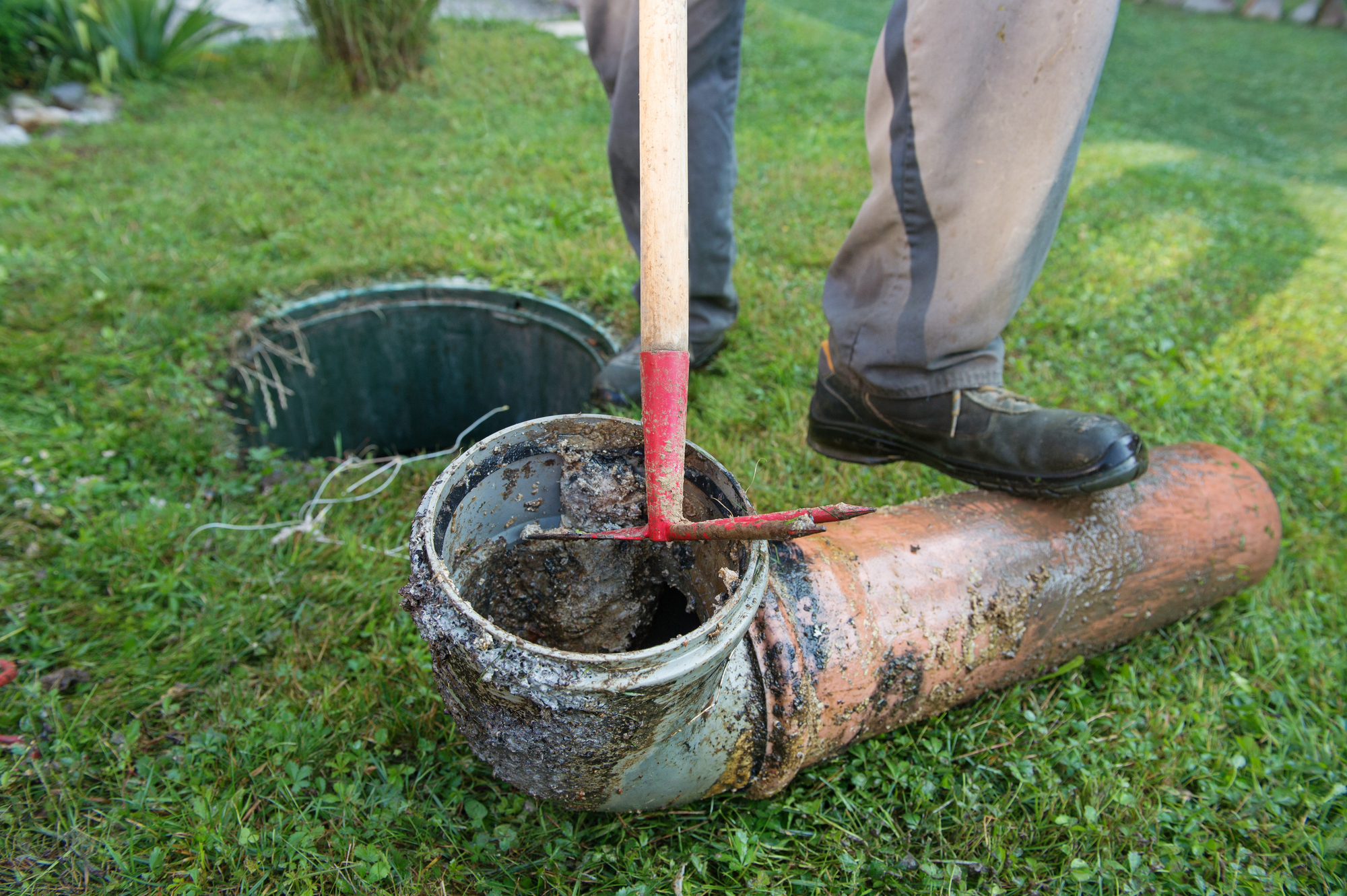After extensive research in January 2022, it is clear that one of the main concerns that homeowners encounter is a clogged drain. Clogged Drains occur when materials not meant for the plumbing system are washed or deposited into your pipes and obstruct them. A faulty drainage system can lead to flooding, unpleasant odors, and other nasty results. In this blog article, we will analyze the causes of drain blockage, how to identify signs of clogged drains, and effective solutions that can help prevent the occurrence of clogged drains.
Causes of Drain Blockage
Drain blockages are often caused by improper disposal of non-soluble waste materials into the drains. Below are the common causes of blockages in drains that can be avoided.
1. Fats, oils, and grease: Careless disposal of fats, oils, and grease is one of the most common causes of drain blockages. When poured down the drain, these substances cool, solidify and trap other debris, causing clogs in the pipes.

2. Foreign materials: Common debris that can cause clogs includes paper towels, hygiene products, food scraps, and plastic bags. These materials are not designed to dissolve in water, and when deposited in the pipe system, they can cause blockages.
3. Tree roots: A tree root can grow into a pipe and obstruct the pathway for water. This can cause backups and eventual clogs in the system.
4. Ill-fitting or collapsed pipe: Over time, pipes can wear or become misaligned, causing blockages in the drainage system.
How to Identify Signs of Clogged Drains
The signs of clogged drains are fairly easy to identify. Below are the indicators to look out for in order to identify clogged drains:
1. Foul Smell: A blocked drain often emits a pungent odor from the pipes. This is one of the clearest signs that a clog has formed in the pipes.

2. Slow water drainage: Water drains slowly from a blocked pipe since it is struggling to pass through the obstruction.
3. Murky water: Water that appears murky or discolored, rather than clear, is another sign of clogged drains.
4. Unusual sounds from plumbing fixtures: The sound of gurgling or bubbling when water passes through a fixture is another common sign of drain blockage.
Effective Solutions to Prevent Clogged Drains
There are several effective solutions that you can use to prevent drain blockage. Below are some of the recommended tips to keep your drains free of obstructions:
1. Regular cleaning: Cleaning your drains regularly with hot water and flushing them with vinegar or lemon juice will help dissolve fat and grease deposits.
2. Catch-all for debris: Use a drain guard or catch-all device to capture food scraps, hair, and other debris. This stops them from reaching the pipe system and causing blockages.
3. Properly dispose of fats, oils, and grease: Rather than pouring fats, oils, and grease down the drain, dispose of them safely in a container and discard them in the trash can.
4. Avoid flushing foreign materials: Never flush hygiene products, wipes, or paper towels down the toilet. These materials are not biodegradable and can cause clogs in the septic system.
5. Regular Maintenance: Have regular maintenance of your plumbing system in order to prevent future clogs, identify warning signs of potential clogs, replace worn-out pipes, and improve your pipes’ efficiency.
Conclusion
In conclusion, prevention is better than cure when it comes to clogged drains. Taking measures such as proper disposing of materials and regular maintenance of plumbing systems will keep them clog-free. Recognizing the signs of blocking earlier will prevent more costly repairs in the future. In any case, when dealing with a blocked drain, we recommend contacting a qualified professional such as Ace Plumbing Repair by visiting our website homepage at “aceplumbingrepair.com” or by calling our plumbing experts at (844)711-1590 for assistance.






